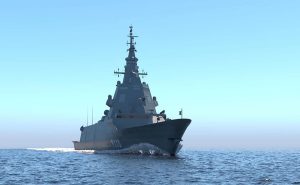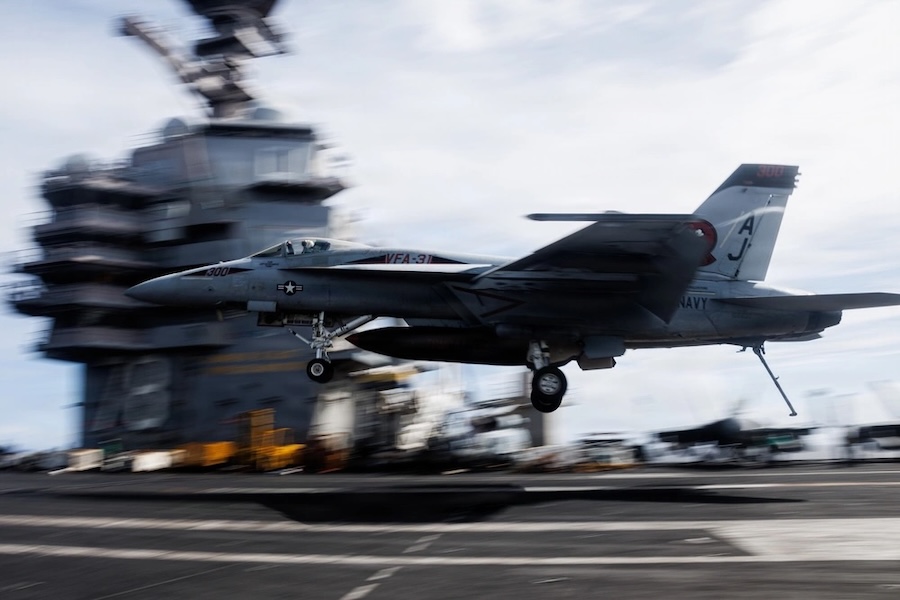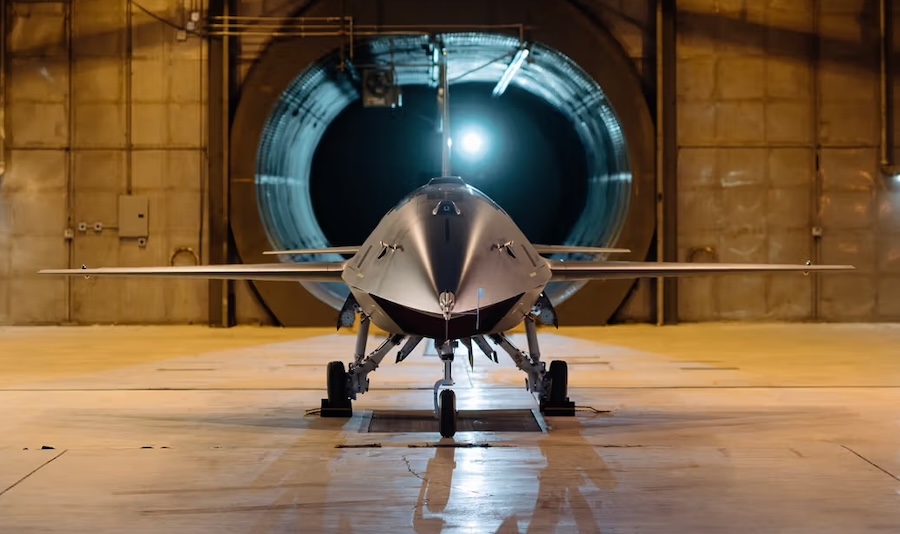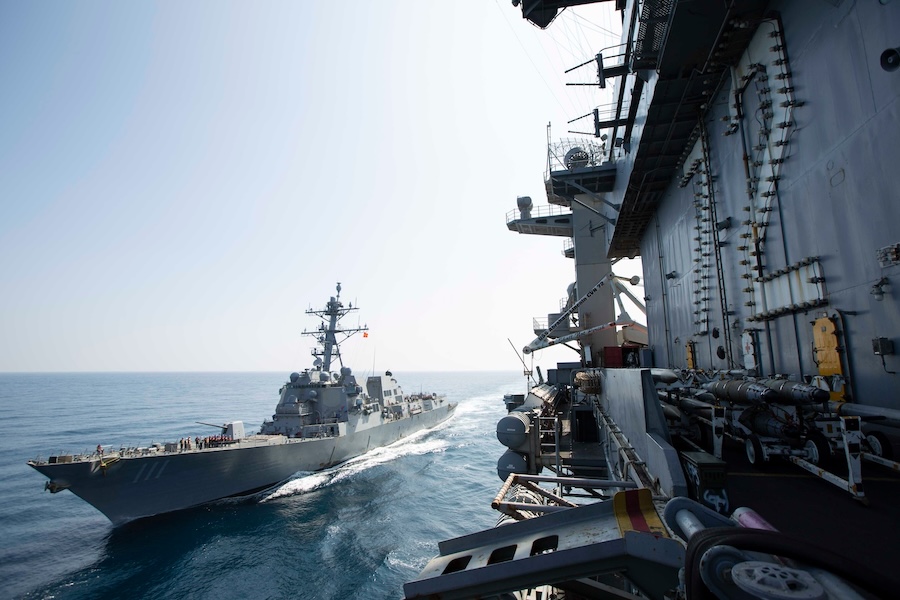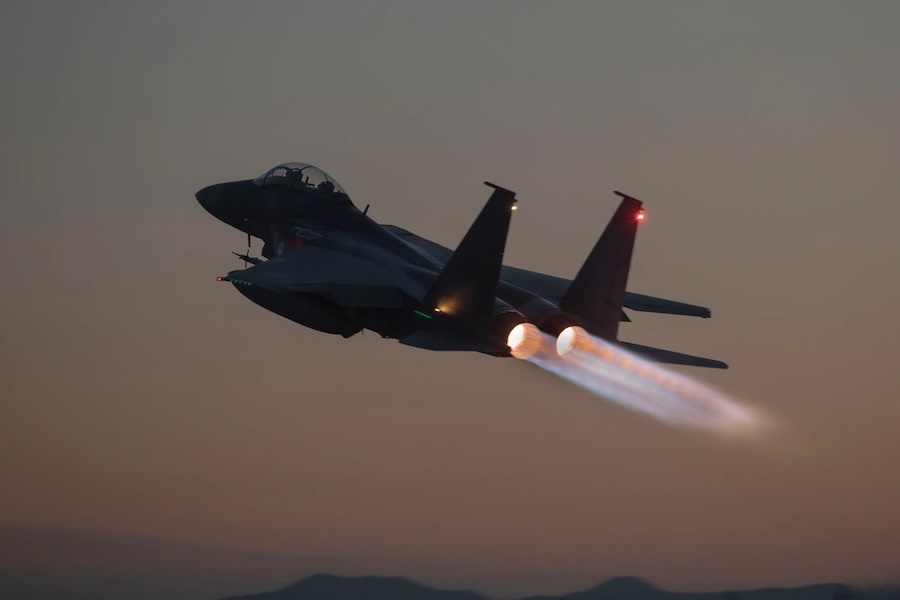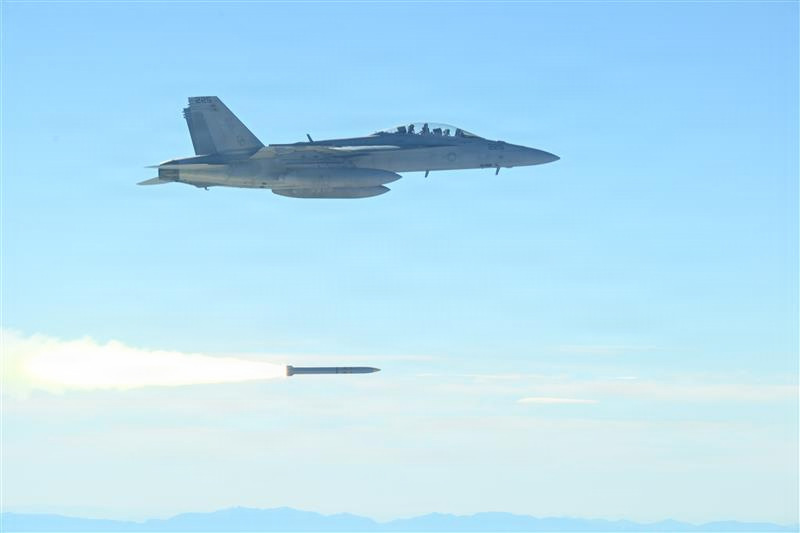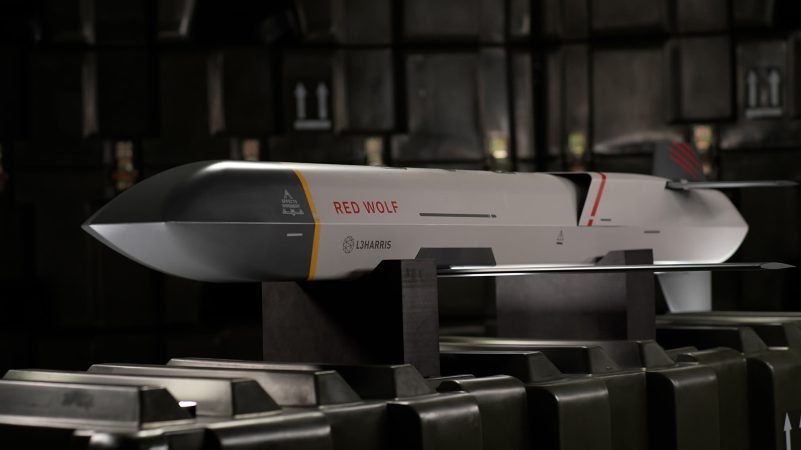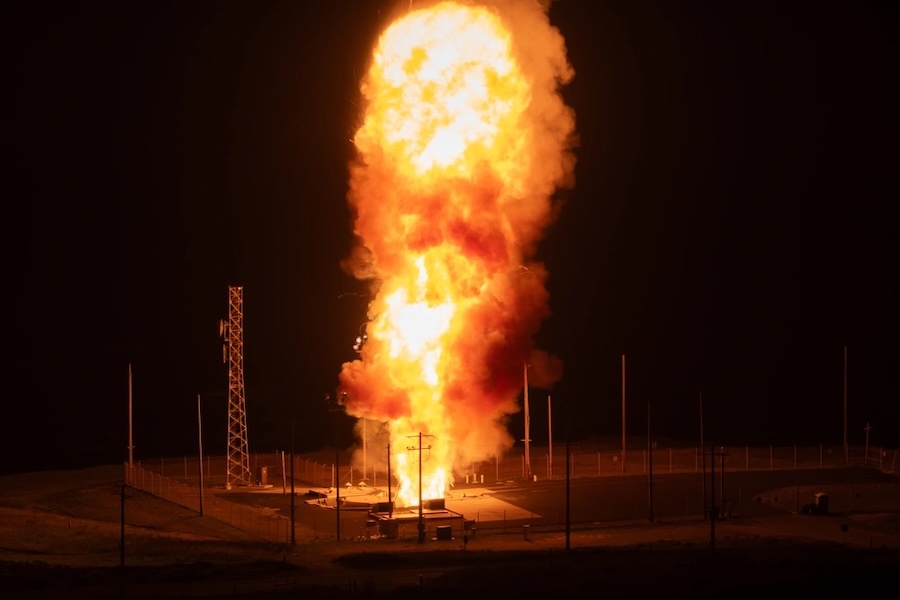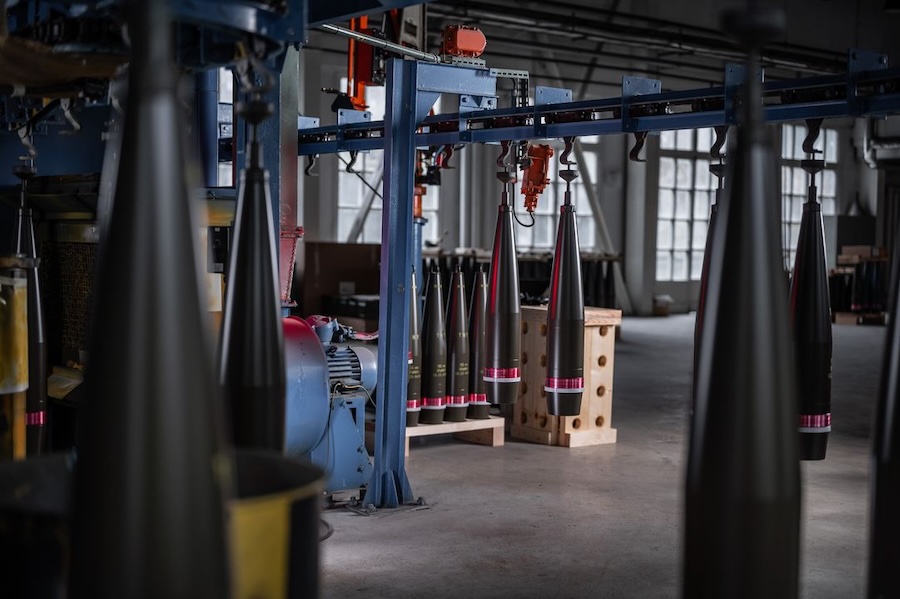According to the Department of Defense, the contract supports Aegis cruisers, guided-missile destroyers, the Aegis Ashore systems, and the Aegis Guam System. It also encompasses work on Glide Phase Intercept capabilities aimed at countering advanced missile threats.
“Aegis has over 50 years of proven capability and is adaptable to keep pace with evolving threats. Lockheed Martin is proud to showcase the scalability and strength of Aegis while continuing to support the Missile Defense Agency’s (MDA) mission for the Aegis Ballistic Missile Defense Combat Systems Engineering Agent program,” Lockheed Martin said in a statement.
Lockheed Martin will provide engineering support across all stages of the fire control loop, including planning, detection, control, engagement, and assessment. This work will involve software integration via the Common Source Library and other platforms to boost system performance.
The Missile Defense Agency stated the enhancements will “improve threat discrimination, expand battlespace, and increase multi-mission, multi-tier weapon system performance.” The contract further allows for rapid deployment of Tactical Data Link upgrades.
Work will be based in Moorestown, New Jersey, and funded through fiscal years 2025 to 2035 using research, development, procurement, and operations budgets. The Aegis BMD system is a joint programme between the U.S. Navy and the Missile Defense Agency and is designed to detect and intercept short- to medium-range ballistic missiles.
Aegis-equipped ships utilise hit-to-kill interceptors to engage threats during midcourse and terminal flight phases. These vessels also support Long Range Surveillance and Tracking (LRS&T) for intercontinental ballistic missile defence.
In addition to the long-term contract, the Missile Defense Agency has issued a modification to an existing agreement with Lockheed Martin, extending engineering and software support through June 2026. The modification is valued at $41.2 million, raising the total value of that separate contract to $1.46 billion.
The agency noted that Lockheed Martin remains “the only company with the requisite knowledge, experience, and access to the Aegis BMD Weapon System design and software source code.” Continued funding is intended to fill existing missile defence gaps and strengthen capabilities against evolving threats.





